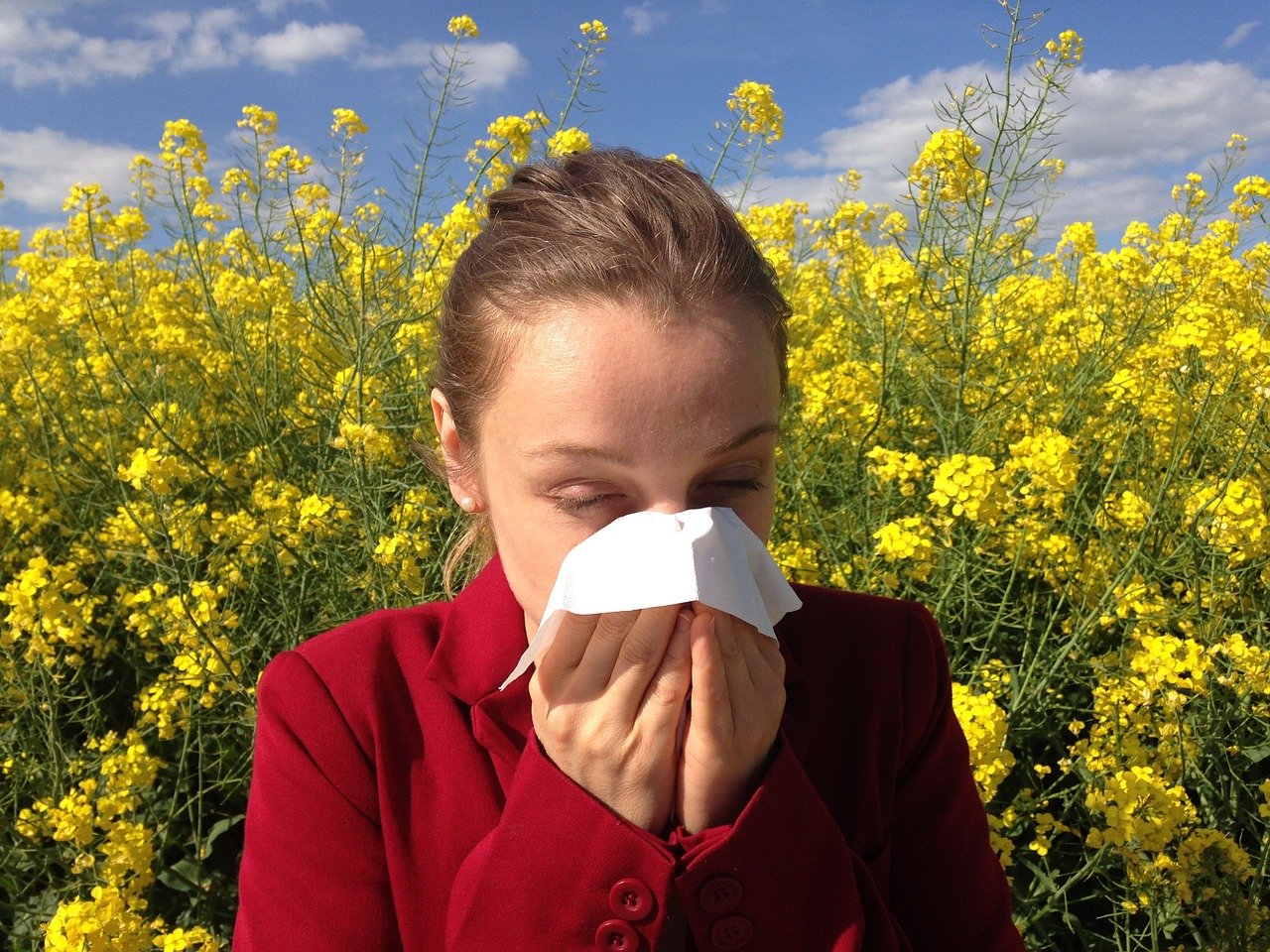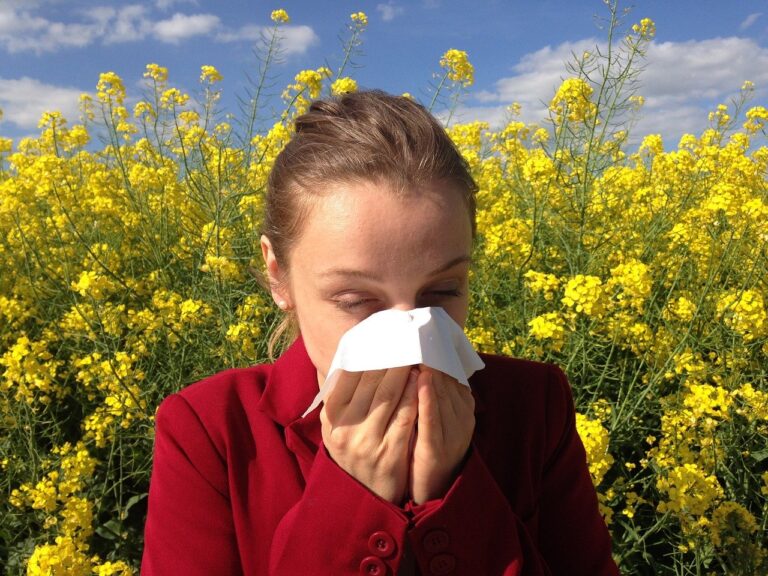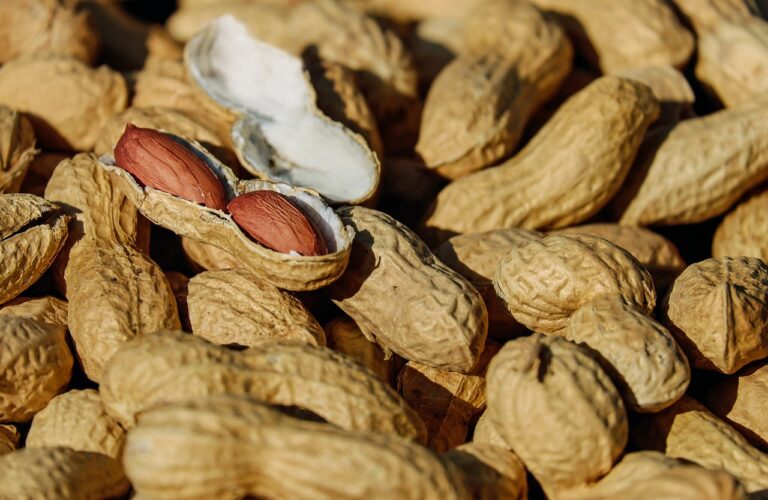Allergy Therapeutics plc (LON:AGY), the fully integrated commercial biotechnology company specialising in allergy vaccines, has announced the presentation of positive new data from its two lead immunotherapy programmes at the 2022 American Academy of Allergy Asthma and Immunology Annual Meeting held in Phoenix, Arizona.
– Five posters presented including highly successful results from Grass MATA MPL G309 exploratory field trial and ex-vivo VLP001 biomarker study examining potential of VLP Peanut
– Data show clinically meaningful and statistically significant reductions in symptoms due to grass pollen allergy and in the use of relief medications after six SCIT injections with Grass MATA MPL during peak grass pollen season
– Convincing data presented from VLP001 ex-vivo biomarker study show VLP Peanut has potential to modulate T cell, B cell and dendritic cell responses, promoting the protective tolerogenic pathway and highlighting the potential as an effective treatment for peanut allergy
Allergy Therapeutics presented extensive results from the G309 exploratory field trial demonstrating efficacy and safety of Grass MATA MPL, the Group’s short-course subcutaneous allergen-specific immunotherapy (SCIT) candidate, that aims to address the cause of symptoms of allergic rhinoconjunctivitis due to grass pollen. This was a multi-centre, double-blind, placebo-controlled, randomised and parallel-group clinical trial with subjects enrolled across 13 sites in Germany and the US.
· The presentations revealed a more pronounced, clinically relevant and statistically significant improvement in the primary combined symptom and medication score compared to the historically used placebo group (used for Phase II and planned for the upcoming pivotal Phase III study G306) – a 33.1% (p=0.0325) and 39.5% (p=0.0112) effect size on the primary endpoint for the conventional and extended posology groups, respectively.
· This 39.5% improvement is higher than the 36.8% figure initially reported by the Group in October 2021 where the two placebo groups were combined. These results further highlight the superior treatment effect sizes achieved after six injections of Grass MATA MPL.
· The Group also presented post-hoc analyses of an earlier Phase II grass trial highlighting the strong predictive value of the baseline CPT (conjunctival provocation test) score for IgG4 increase after SCIT treatment, providing a rationale for the design of the upcoming pivotal G306 Phase III trial due to commence in the autumn of this year.
· The Company also provided details of a pollen monitoring network established by Allergy Therapeutics in the US, with central reading procedures to accurately measure daily pollen counts and better establish the peak grass pollen season – an important requirement for determining the primary study results of the G306 Phase III trial.
Dr Mohamed Shamji, Reader in Immunology & Allergy, Imperial College London, presented data from the VLP001 ex-vivo biomarker study investigating the Group’s peanut allergy vaccine candidate, VLP Peanut. The data presented showed that VLP Peanut does not elicit an allergic reaction (i.e. it is hypoallergenic) and results in a significant reduction in basophil activation and histamine release from peanut allergic subjects, when compared to the major allergen, Ara h2, and whole peanut extract. These biomarker results provide strong confidence in the potential beneficial immunologic mode of action of VLP Peanut in promoting class switching from the allergic Th2 pathway to the more tolerogenic Th1 pathway, underlining VLP Peanut’s potential as an effective treatment for peanut allergy.
Manuel Llobet, Allergy Therapeutics Chief Executive Officer, commented: “Demonstrating a nearly 40% reduction in combined symptom and medication score compared to placebo in a grass pollen allergy trial is a significant event in our history. We are very much looking forward to the pivotal G306 clinical trial of our Grass MATA MPL immunotherapy that is due to commence later this year and, if successful, would enable registration in Europe and the US. Such a product would permit patients suffering from grass pollen allergy the opportunity to address the cause of their disease, not just mask their symptoms. I am also very proud to see the data from our VLP001 study being presented internationally – data that provides us with confidence in the product profile of our novel short course peanut allergy vaccine candidate as we head into the clinic later this year.”







































